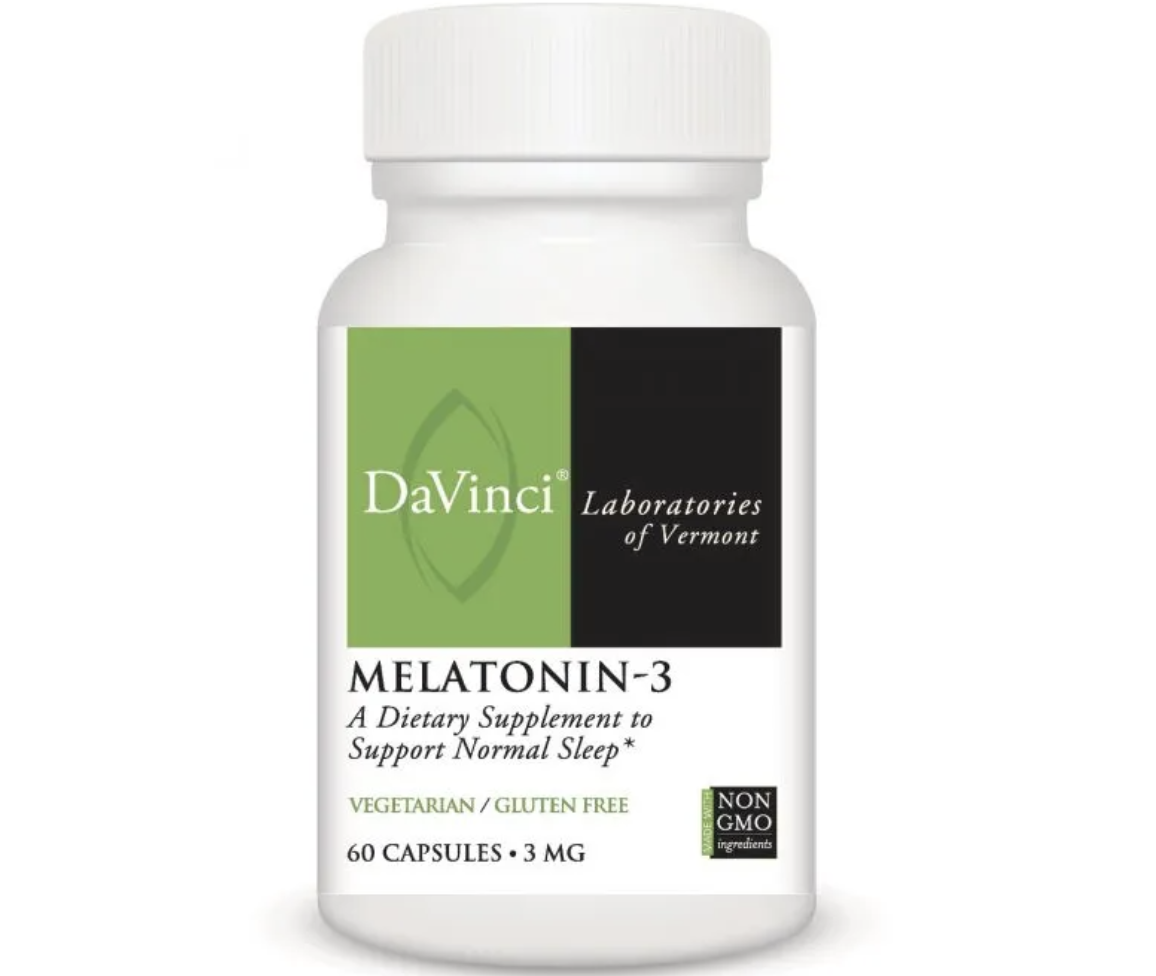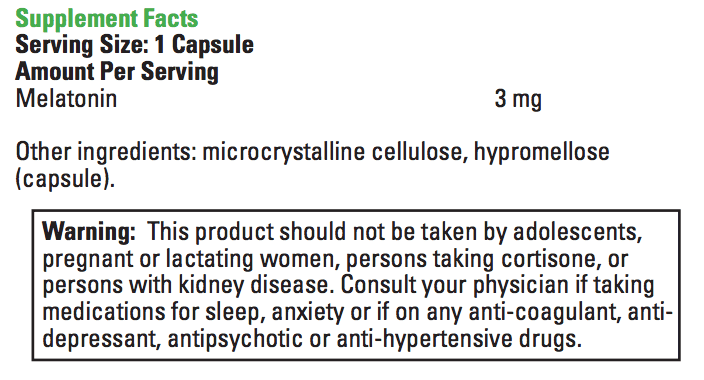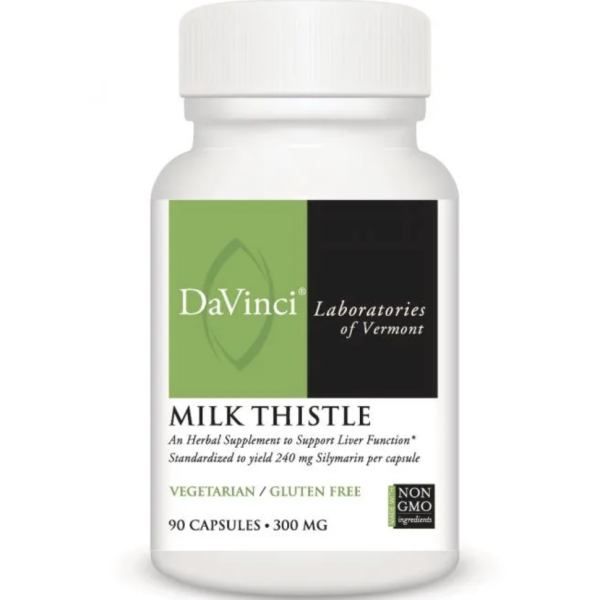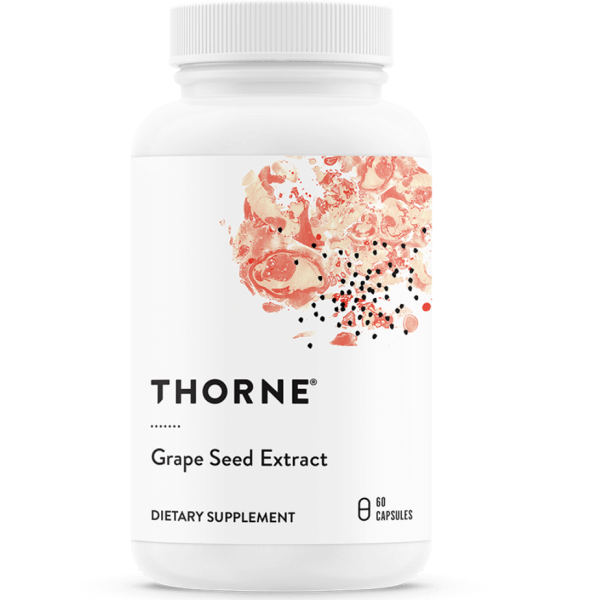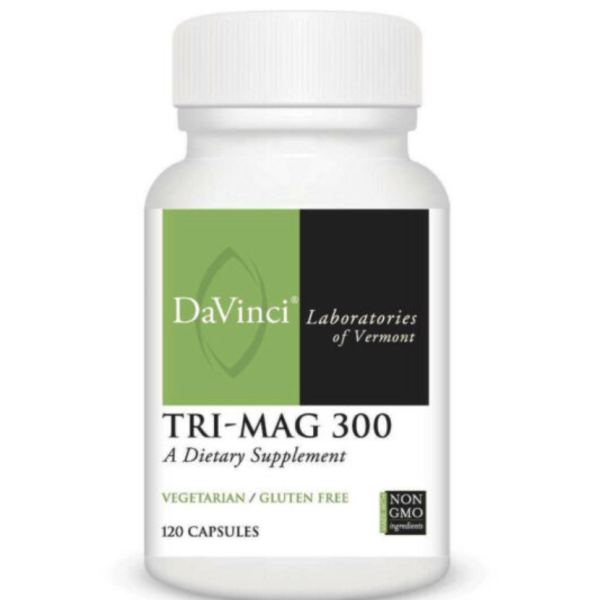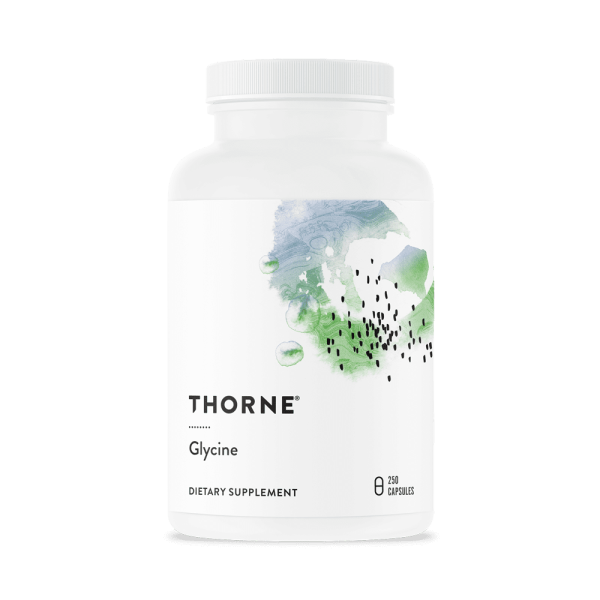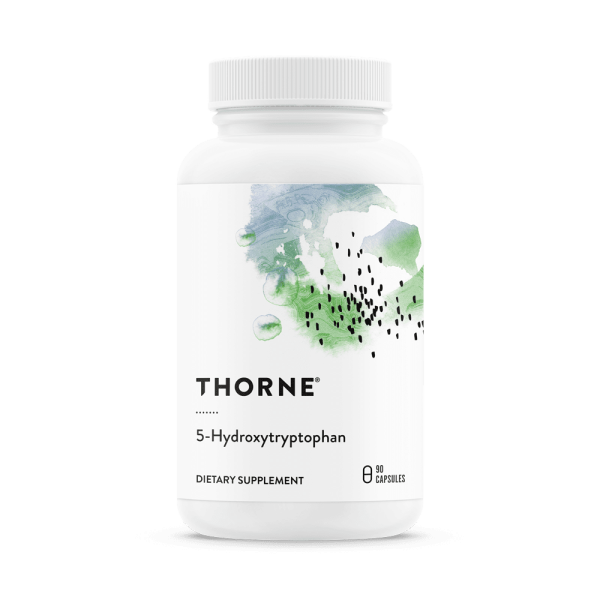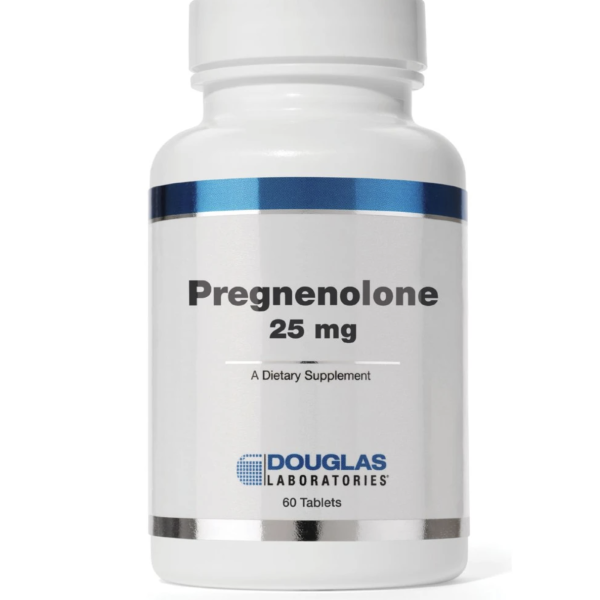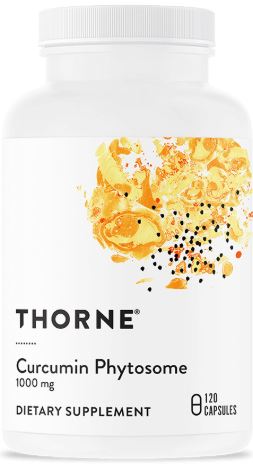• Melatonin is the principle hormone produced and secreted by the brain’s pineal gland and is responsible for maintaining circadian rhythm (the body’s biological clock), regulating the endocrine (hormone) system and supporting the immune system.
• The level of melatonin produced by the body is heavily influenced by sunlight. At night, the secretion of melatonin is much higher than during the day. When this process is interrupted, certain symptoms can occur such as disruptions in the sleep/wake cycle, headaches, mental and physical fatigue and irritability.
Why is Melatonin important?
• Low levels of melatonin could result in poor sleep patterns, low mood, delayed sleep phase syndrome, insomnia associated with attention deficit hyperactivity disorder, irritability, learning disorders, poor concentration, seasonal affective disorder, menstrual disturbances and headaches.
Sleep Quality
• Melatonin plays an important role in when we fall asleep and when we wake up. Darkness stimulates the release of melatonin and light suppresses its activity. Normal melatonin cycles are disrupted when we are exposed to excessive light in the evening or too little light during the daytime.
• Melatonin supports sleep onset and quality of sleep and increased Rapid Eye Movement time, deep sleep and dreaming. These changes demonstrate better quality sleep, which produces greater mental, physical and emotional rejuvenation. Melatonin can decrease the amount of time required to fall asleep, increase the number of sleeping hours and support daytime alertness.
• Melatonin may improve the quality of life in people who suffer from insomnia and some experts suggest that melatonin may be of value for those with learning disabilities who suffer from insomnia. Melatonin supports sleep quality to help balance sleep wake cycles, improve physical and mental health and reduce irritability, which is also important. Jet Lag and Rotating Shift Work
• Jet Lag and Rotating Shift Work can interfere with the body’s natural circadian rhythm. Melatonin supports quality sleep and balanced circadian rhythms in people with disrupted circadian rhythms (such as those suffering from jet lag or poor vision or those who work the night shift) and those with low melatonin levels (such as some elderly).
Menopause Support
• Melatonin is also one of the hormones that controls the timing and release of female reproductive hormones. It helps determine when menstruation begins, the frequency and duration of menstrual cycles, and when menopause begins. It’s a powerful regulator of sex hormone production and can effect mood, immunity, reproduction and bone health. Melatonin supplements may benefit menopausal women by supporting and sustaining sleep and by supporting osteoblasts that support bone health.
Immune and Antioxidant Support
• Melatonin has strong antioxidant properties and helps strengthen the immune system. As an antioxidant it is 6 to 10 times more potent than vitamin E and is one of the few antioxidants that can enter the mitochondria to protect it from free radical damage.
Mood Support
• Some people experience depression when the low sunlight levels (winter) are not sufficient for their pineal glands to decrease melatonin production to its normal low daytime level. Melatonin supplementation can support mood balance seasonally or in times of low mood.

